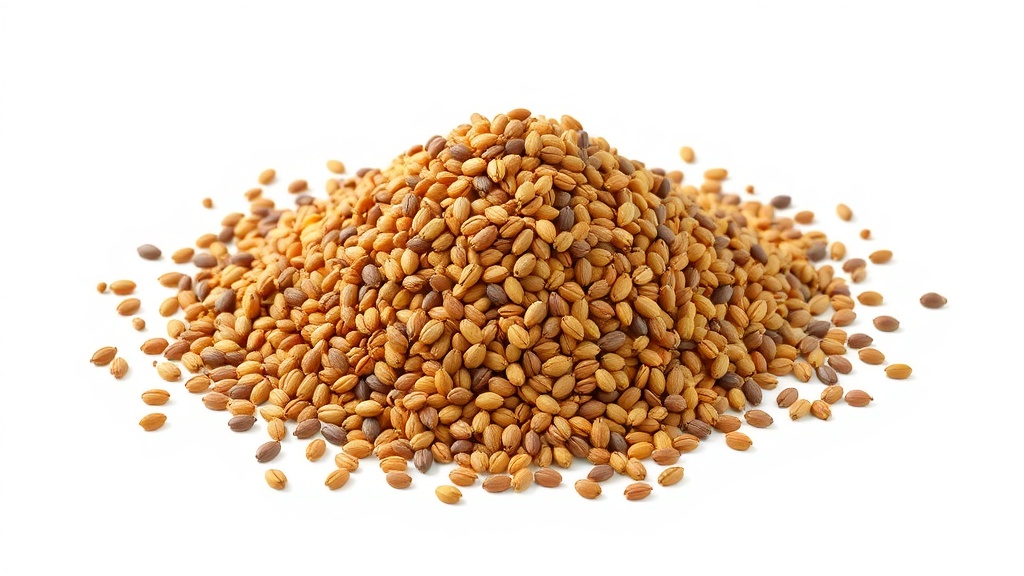Home / Health / Cumin Adulteration Exposed: Experts Warn of Dangerous Substitutes
Cumin Adulteration Exposed: Experts Warn of Dangerous Substitutes
12 Nov
Summary
- Cumin, a staple spice, is being adulterated with grass seeds, charcoal-coated grains, and other substitutes
- Adulterated cumin can compromise safety and taste, diluting its health benefits
- Experts advise checking for uniformity, aroma, and floating seeds to detect impure cumin

According to a recent report, the popular spice cumin, or jeera, is being increasingly adulterated with harmful substitutes. Consultant dietitian Garima Goyal explains that fake cumin may contain grass seeds, charcoal-coated grains, or other colored substitutes that mimic the appearance of authentic cumin but compromise its safety and taste.
Cumin is a staple in Indian cooking, valued not only for its flavor but also for its digestive and antioxidant properties. However, due to its high demand, it has become prone to adulteration. Goyal advises consumers to choose sealed, branded packets from trusted sources and to check for uniformity in size and color. Authentic cumin should have a strong, earthy aroma when crushed, while adulterated versions may smell stale or chemically treated.
To further detect impurity, Goyal suggests a simple home test: adding cumin to water and observing if several seeds float or the water changes color quickly. Rubbing the seeds between the palms and checking for a black residue is another indicator of adulteration.
Using adulterated cumin not only dilutes its health benefits but may also expose the body to harmful contaminants. Experts recommend storing cumin in airtight containers, avoiding bulk purchases, and lightly roasting or tempering the spice to release its oils and enhance flavor.




